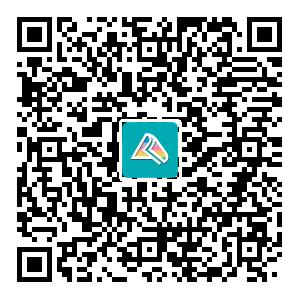ACCA考试08年6月P1试题答案(9)
内容摘要:2010年ACCA12月份考试时间为12月6日-15日。为了方便广大考生复习,正保会计网校ACCA试题中心将会为大家呈现ACCA历年试题及答案。
2010年ACCA12月份考试时间为12月6日-15日。为了方便广大考生复习,正保会计网校ACCA试题中心将会为大家呈现ACCA历年试题及答案。
(c) Absolutism and relativism
Absolutism and relativism represent two extreme positions of ethical assumptions.
Definitions
An absolutist assumption is one that believes that there are ‘eternal’ rules that should guide all ethical and moral decision making in all situations. Accordingly,in any given situation,there is likely to be one right course of action regardless of the outcome. An absolutist believes that this should be chosen regardless of the consequences or the cost. A dogmatic approach to morality is an example of an absolutist approach to ethics. A dogmatic assumption is one that is accepted without discussion or debate.
Relativist assumptions are ‘situational’ in nature. Rather than arguing that there is a single right choice,a relativist will tend to adopt a pragmatic approach and decide,in the light of the situation being considered,which is the best outcome. This will involve a decision on what outcome is the most favourable and that is a matter of personal judgment.
Outcomes
If Anne were to adopt absolutist/dogmatic assumptions,she would be likely to decide that she would need to pursue what she perceives is the right course of action regardless of cost to herself or the relationship with the client or her manager. Given that she unearthed a suspect and unaccounted-for payment,and that she received an inadequate explanation from the client,she would probably recommend extension to the audit beyond the weekend.
If Ann were to adopt relativist or pragmatic assumptions,she would have a potentially much more complicated decision to make. She would have to decide whether it was more important,ethically,to yield to the pressure from Zachary in the interests of her short-term career interests or ‘hold out’ to protect the interests of the shareholders. Anne could recommend sign off and trust the FD’s explanation but she is more likely to seek further evidence or assurance from the company before she does so.




